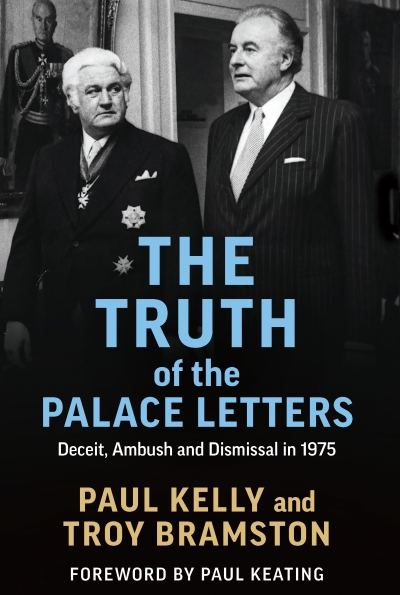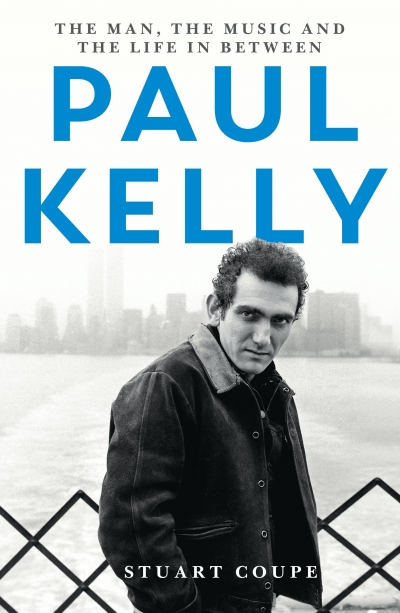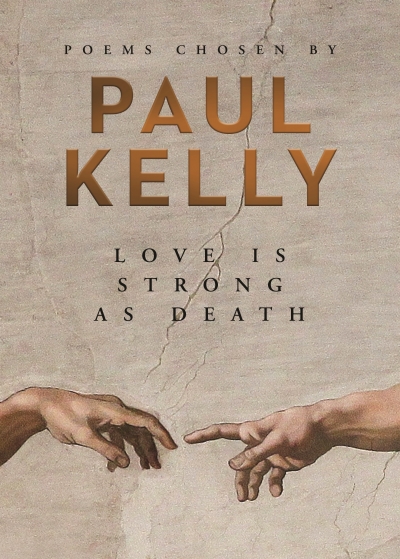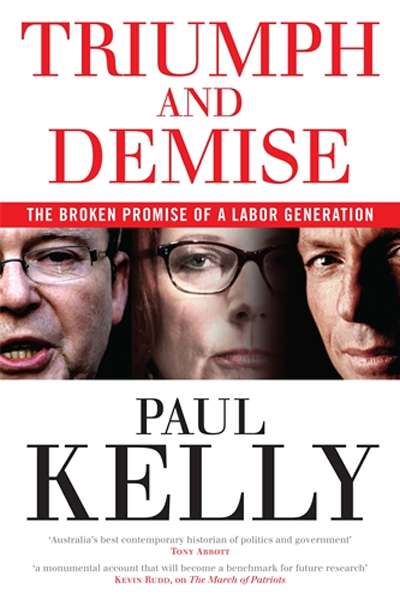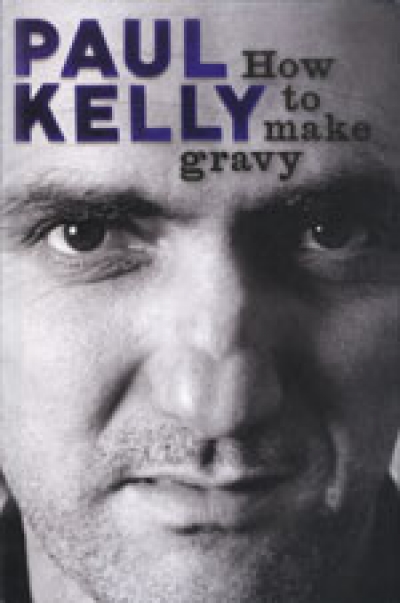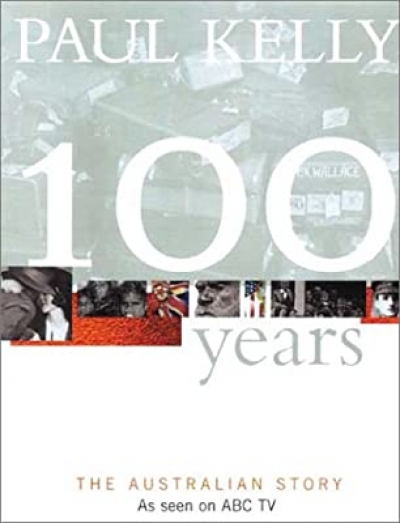Paul Kelly
The Truth of the Palace Letters by Paul Kelly and Troy Bramston & The Palace Letters by Jenny Hocking
Paul Kelly: The man, the music and the life in-between by Stuart Coupe
Love is Strong as Death: Poems chosen by Paul Kelly edited by Paul Kelly
Hopping around the stage of Ballarat’s historic Her Majesty’s Theatre, Paul Kelly at one point resembled a giddy teenager cutting loose on rhythm guitar at band practice rather than a veteran songwriter with nearly twenty albums behind him. Such exuberance can be attributed in large part to the night’s premise: Kelly augmented his five-piece live configuration ...
Triumph and Demise: The broken promise of a Labor generation by Paul Kelly
James Griffin and John Wren
Dear Editor,
Some of your readers will be familiar with the problem. You set aside a few days to get to the National Library to pursue a research project. You obtain the manuscripts, order the material in the Petherick Room, and settle down to uninterrupted industry, when an avuncular bore with too much time on his hands buttonholes you and bangs on about his own project. You do not wish to appear uninterested, yet hope that the windbag will leave you alone and get back to his own table, perhaps even write the book that he rehearses so insistently as the precious minutes tick by.
... (read more)
